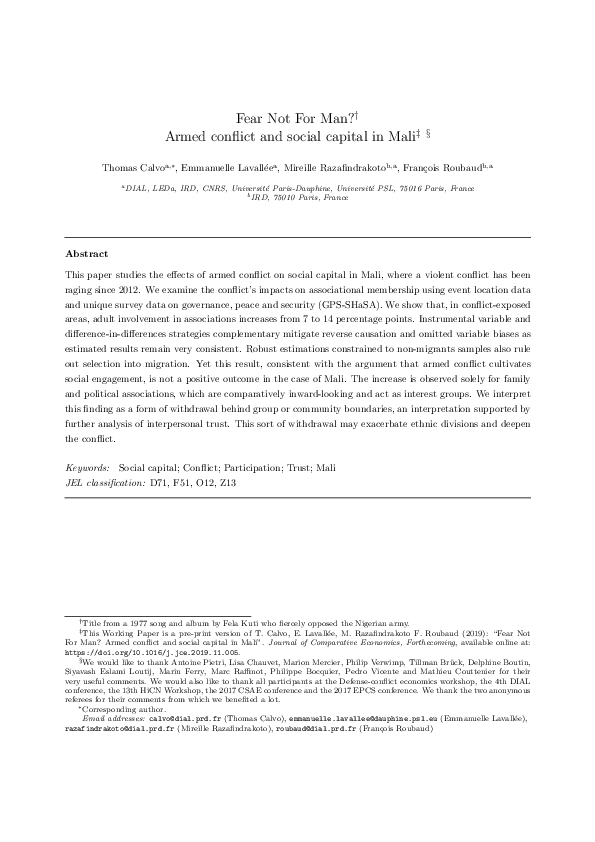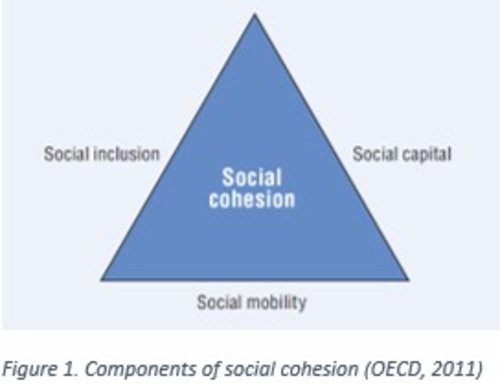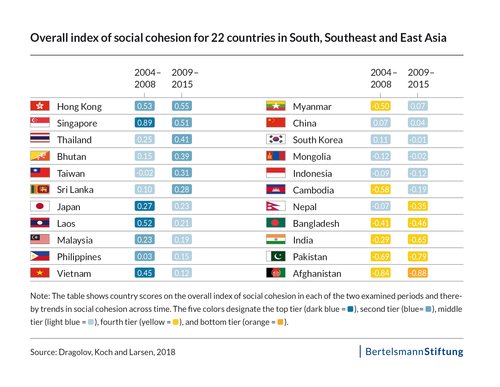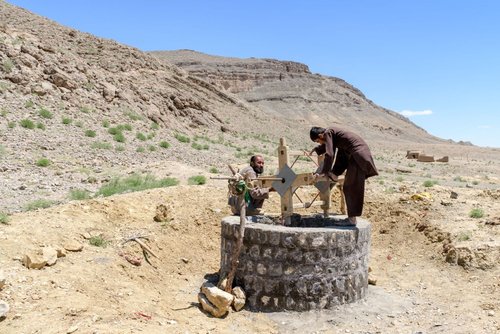Fear not for man? Armed conflict and social capital in Mali
Key facts
Participation
Cooperation
Political institutions & governance
Summary
This paper studies the effects of armed conflict on social capital in Mali, where a violent conflict has been raging since 2012. We examine the conflict’s impacts on associational membership using event location data and unique survey data on governance, peace and security (GPS-SHaSA). We show that, in conflict-exposed areas, adult involvement in associations increases from 7 to 14 percentage points. Instrumental variable and difference-in-differences strategies complementary mitigate reverse causation and omitted variable biases as estimated results remain very consistent. Robust estimations constrained to non-migrants samples also rule out selection into migration. Yet this result, consistent with the argument that armed conflict cultivates social engagement, is not a positive outcome in the case of Mali. The increase is observed solely for family and political associations, which are comparatively inward-looking and act as interest groups. We interpret this finding as a form of withdrawal behind group or community boundaries, an interpretation supported by further analysis of interpersonal trust. This sort of withdrawal may exacerbate ethnic divisions and deepen the conflict.





